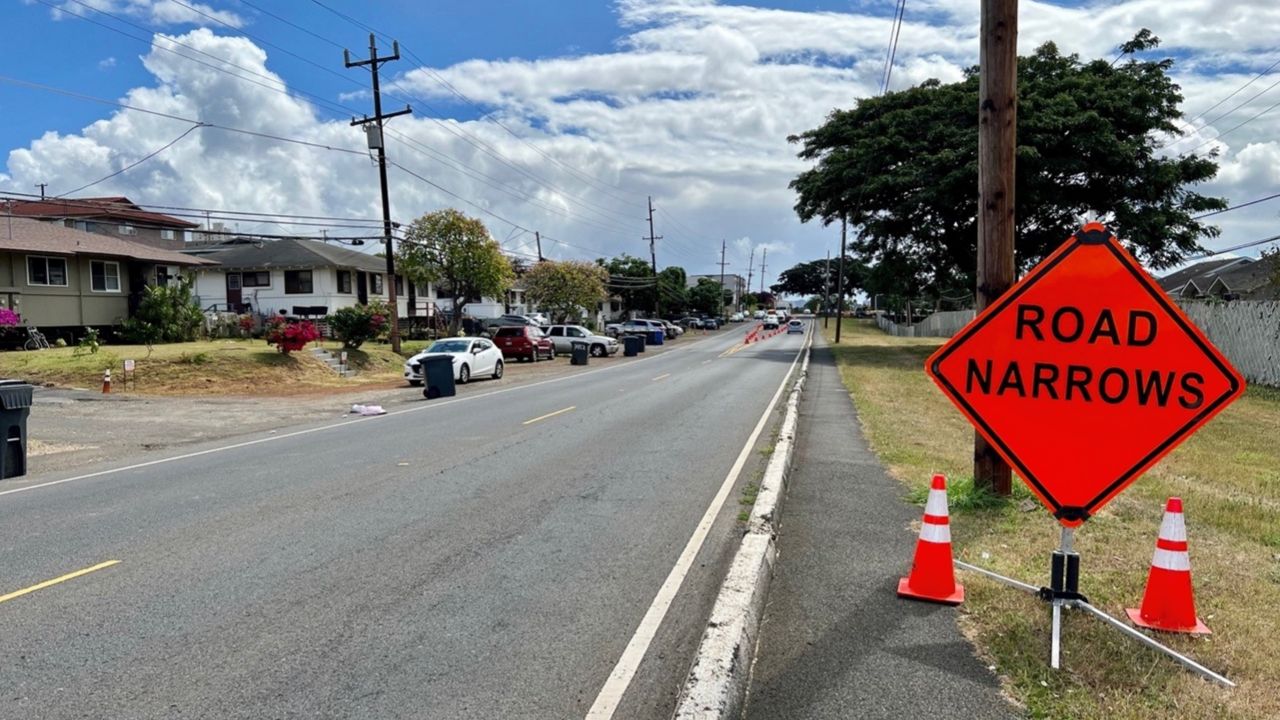Infra
DOT awards $42M for local infrastructure projects

The U.S. Department of Transportation has awarded the state and the City and County of Honolulu more than $42 million for two key infrastructure projects.
The funding is part of some $1.8 billion in awards provided by the department via the Rebuilding American Infrastructure with Sustainability and Equity for 148 projects nationwide. The latest round of awards brings to total amount of RAISE grant funding to over $7.2 billion for more than 550 projects across the country.
“After decades of underinvestment, the condition of America’s infrastructure is now finally getting better instead of worse—and today we proudly announce our support for 148 more projects in communities of every size across the country,” said U.S. transportation secretary Pete Buttigieg. “Through President Biden’s Bipartisan Infrastructure Law, we’re funding projects across the country to make roads safer, make it easier for people to move around their community, make transportation infrastructure more resilient to extreme weather, and improve supply chains to keep costs down for consumers.”
The Hawaii Department of Transportation will receive $17,592,506 for the Hilo Bayfront Highway and Waianuenue Avenue Intersection Improvement projects on Hawaii Island. The project includes the reconstruction of roadways adjacent to and at the intersection of Bayfront Highway (Route 19) and Waianuenue Avenue (Route 1950) to allow for a single-late roundabout; sidewalks and roadways that are compliant with the Americans with Disabilities Act; drainage improvements; reconfiguration of parking.
It also includes other roadway improvements like new highway lighting, electrical infrastructure relocations, signage, pavement markings, pedestrian signals, raised crosswalks, landscape, traffic management devices and other utility adjustments.
According to HDOT,the project will improve safety for motorists, pedestrians and bicyclists by constructing a roundabout at the five-legged intersection of Bayfront Highway, Kamehameha Avenue, and Waianuenue Avenue. The inclusion of bicycle and pedestrian facilities at the intersection will expand access to the abutting Kaipalaoa Landing Park, Russell Carroll Mooheau County Park, Bayfront Soccer Fields, Bayfront Beach Park, and the Wailoa River State Recreation Area.
Meanwhile, the city will receive $25 million for the Salt Lake Boulevard Complete Streets projects, which involves the construction of Complete Streets improvements along Salt Lake Boulevard between Maluna Street and Ala Lilikoi Street. The project includes expanding the roadway from two lanes to four lanes with a center median, turning lanes, dedicated buffered bicycle lanes, widened ADA sidewalks, waterlines, utility relocations, stormwater drainage system, bioswale, lighting and traffic signal upgrades.
The city said overhead back-plated traffic signals and protected left-turn-only phasing will improve safety at the intersections by increasing signal visibility and minimizing conflicts between pedestrians and traffic. The dedicated pedestrian and bicycle facilities are expected to increase affordable transportation options to reach area destinations including the Salt Lake Shopping Center, Aliamanu Elementary School, Aliamanu Middle School, and the Salt Lake/Moanalua Public Library.
“This new federal funding will help make streets in Hilo and Honolulu safer for everyone—drivers, passengers, cyclists, and pedestrians,” said U.S. Sen. Brian Schatz, D-Hawaii, who chairs the Senate Appropriations Subcommittee on Transportation.
As USDOT notes, the RAISE program supports projects of local and regional significance. Funding is split equally between urban and rural areas, and a large percentage of grants support regions defined as historically disadvantaged or areas of persistent poverty. The eligibility requirements of RAISE allow project sponsors, including state and local governments, counties, tribal governments, transit agencies and port authorities, to pursue multi-modal and multi-jurisdictional projects that are more difficult to fund through other grant programs.
Demand for RAISE grants is significant. This year, the program received $13 billion in competitive requests for the $1.8 billion in available funding.







:max_bytes(150000):strip_icc()/roundup-writereditor-loved-deals-tout-f5de51f85de145b2b1eb99cdb7b6cb84.jpg)


